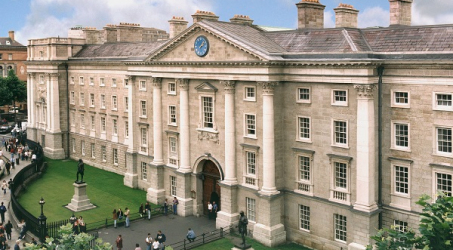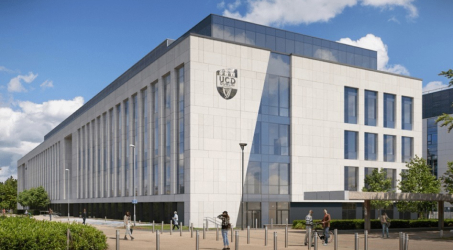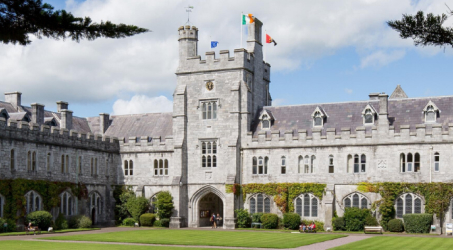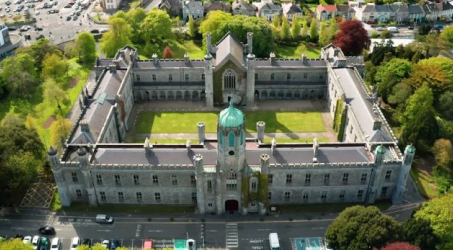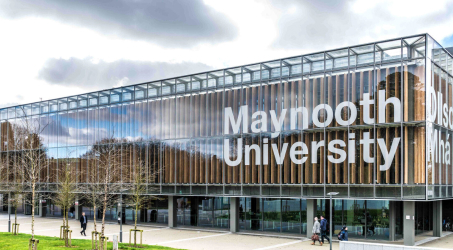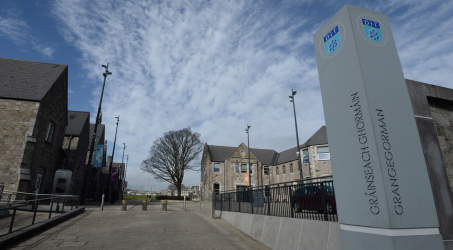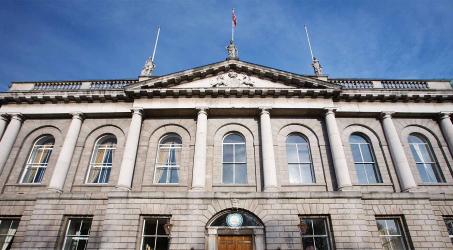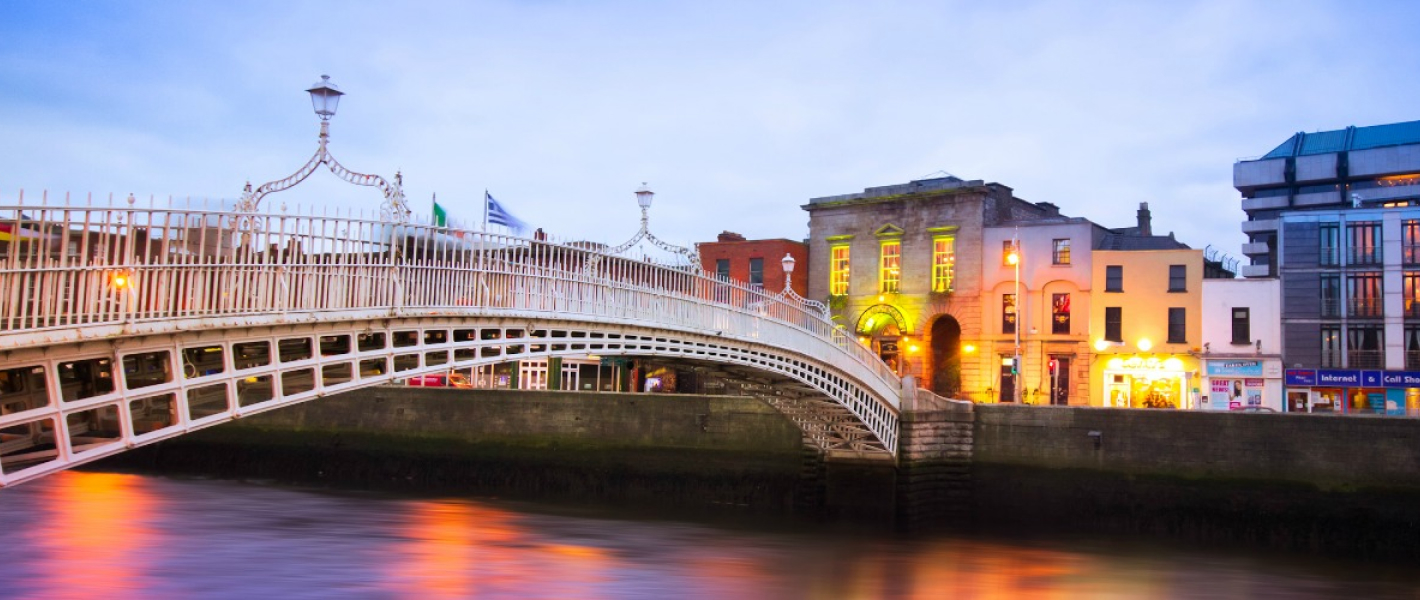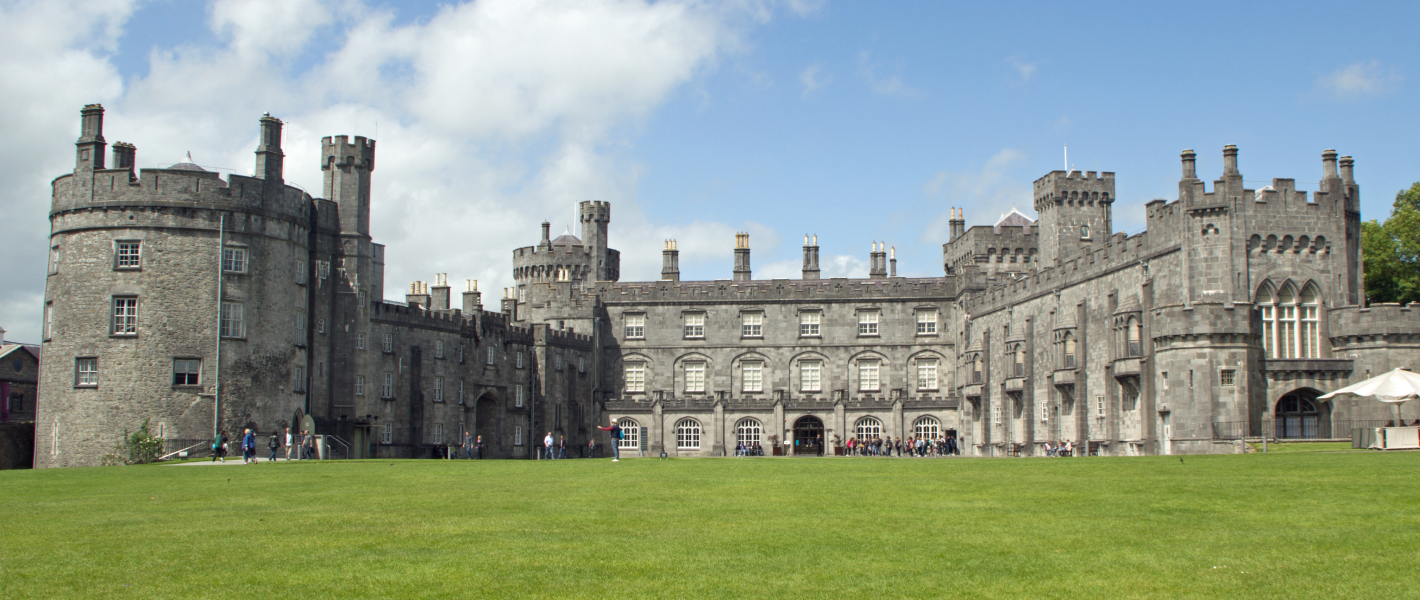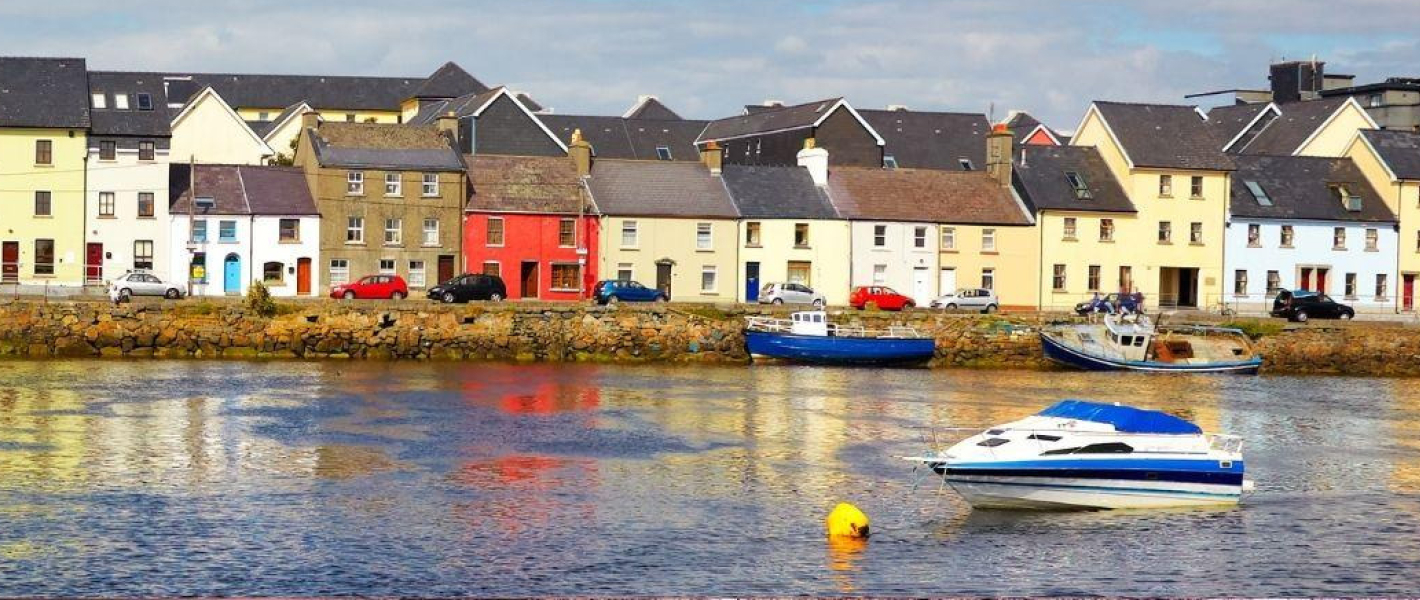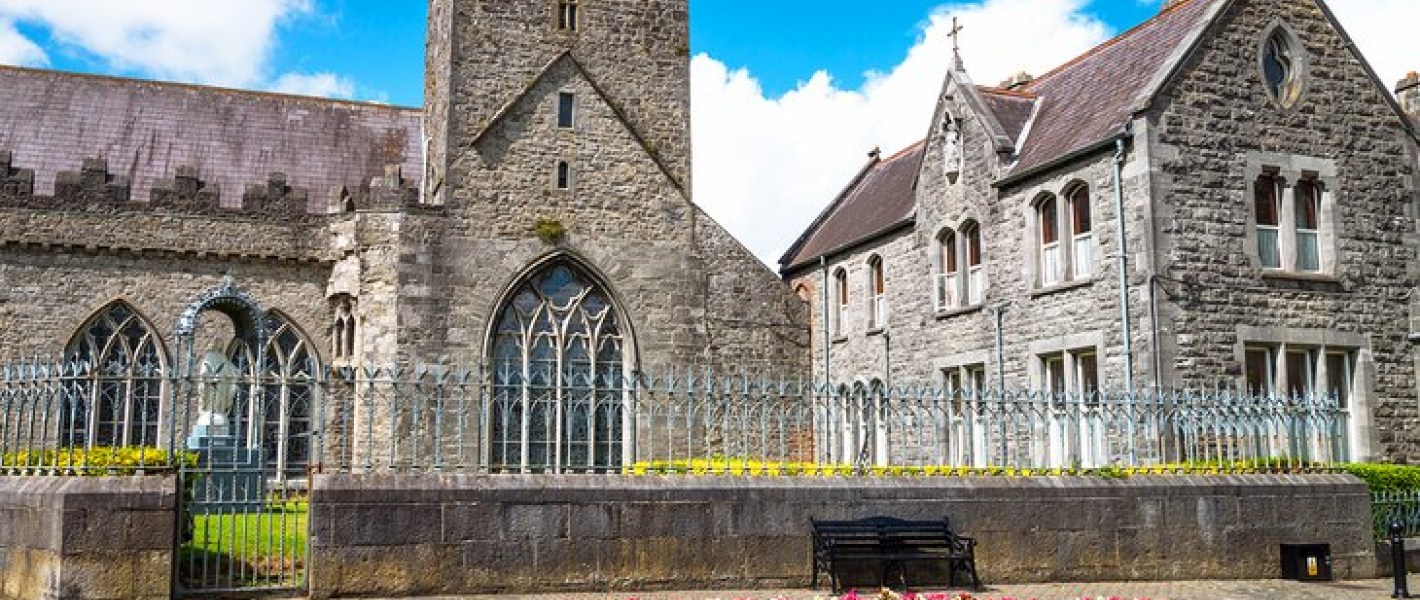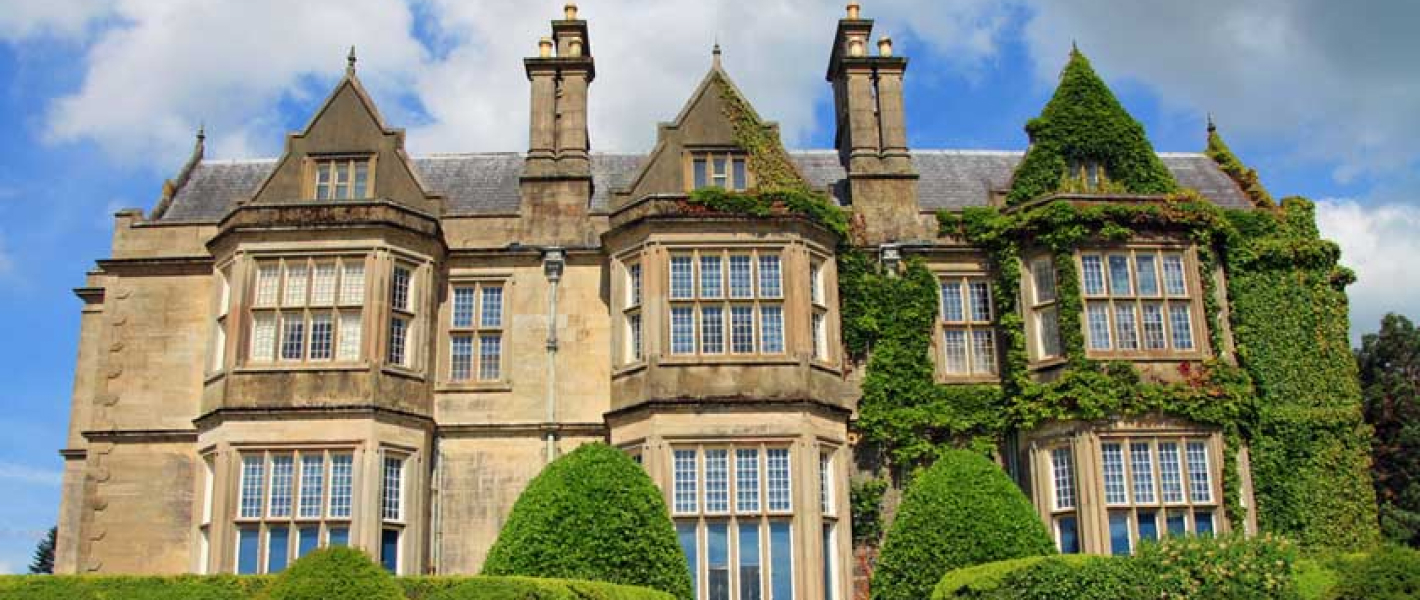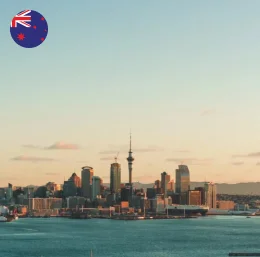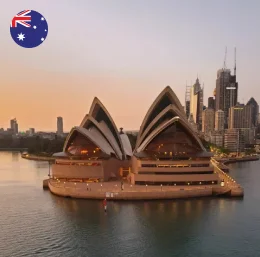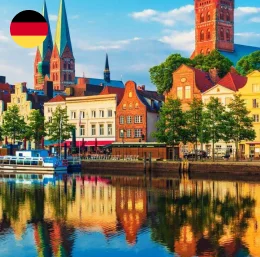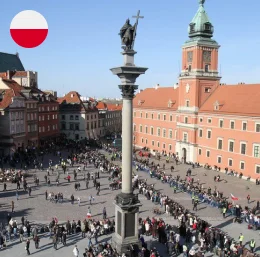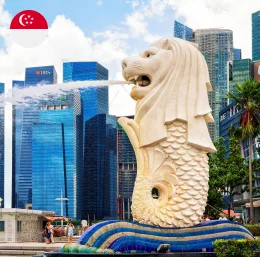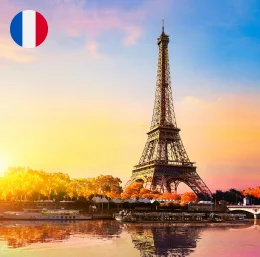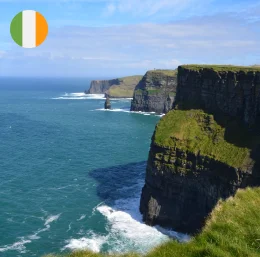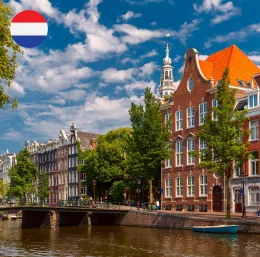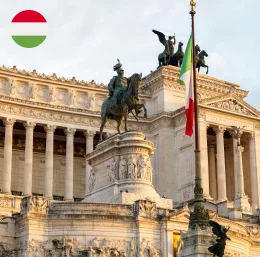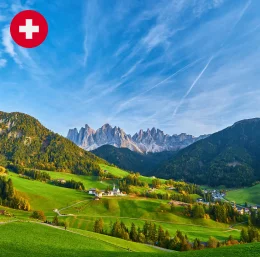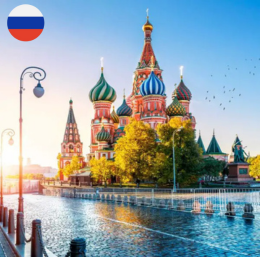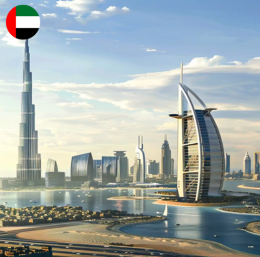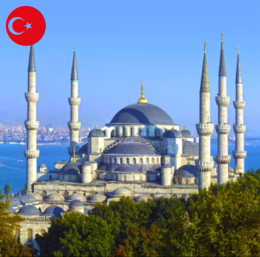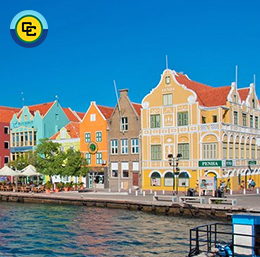Study in Ireland: World-Class Education, Thriving Culture, and Endless Opportunities
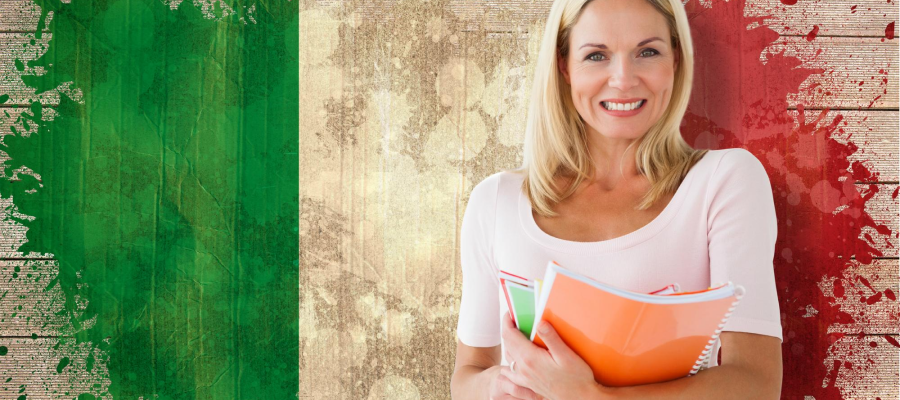
Ireland: Where Stunning Scenery, Rich Culture, and World-Class Education Converge
Ireland, the Emerald Isle, has stunning scenery, a rich culture, and a world-class education. With its vibrant cities, friendly people, and laid-back atmosphere, Ireland is the perfect place to study abroad.
Whether interested in business, technology, the arts, or the humanities, you’ll find a program right for you at one of Ireland’s many top-ranked universities. Irish universities are known for their innovative teaching methods, vital research programs, and close ties to industry.
In addition to its academic excellence, Ireland offers many opportunities for students outside of the classroom. From exploring ancient castles and monasteries to enjoying traditional Irish music and dance, there’s something for everyone in Ireland.
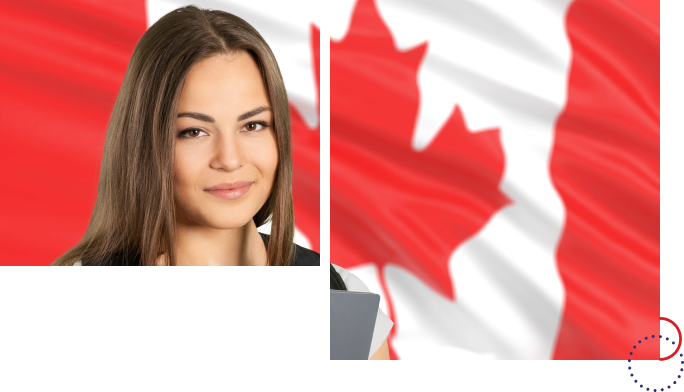
Why study in IRELAND?
Ireland is a world leader in education and innovation, with universities and research centres that are renowned worldwide. Top employers worldwide recognise Irish qualifications, and graduates from Irish universities are leaders in their fields.
In addition to its academic excellence, Ireland offers a vibrant and inclusive culture. The Irish people are known for their hospitality and sense of fun, and international students are welcomed with open arms. Ireland is also an English-speaking country, making it easy for students to adjust to life and make friends.
Top Universities In Ireland

How to Apply to Study in Ireland from India
- Apply for a course: Apply and gain acceptance into a qualified program in Ireland.
- Pay the tuition fees: After gaining acceptance, pay the tuition fees for the program.
- Check financial requirements: Ensure you meet the financial requirements.
- Create your application online: Create your application online via AVATS2. You can only create and submit Irish visa applications on the official AVATS website.
- Print and sign the completed application form: After creating your application online, print and sign the completed application form.
- Arrange your appointment with Visa Facilitation Service (VFS): If applicable, arrange your meeting with VFS and pay the visa fees.
- Compile your supporting documentation: Gather all your documents and ensure your passport is valid. The supporting documents include two passport-sized photographs taken in the last six months, your current passport and copies of previous visas, evidence of enrolment in the course, and an explanation for any gaps in your educational history.
- Submit your documents: Submit your documents to VFS or the Embassy of Ireland.
Remember, every scholarship has its eligibility criteria. While in some, a mere application may suffice, for others, you may have to fulfil several other conditions. So, it’s suggested to start with the procedure about 8-12 months before your preferred intake begins.

Visa Validity
The Ireland short-term visas are valid for a maximum of 90 days. Long-term visas like student visas and general employment visas are valid for extended periods on a case-to-case basis1. If you want to study in Ireland for three months or more, you will need a study visa to enter the country. If you are looking to complete an undergraduate, postgraduate or PhD degree, then you will specifically require the “D” Visa or Study Visa. This allows full-time academic coursework from the Interim List of Eligible Programmes at a National Qualifications Authority of Ireland (NQAI) approved institution for international students.
Costs to Study in Ireland
Cost of Study Abroad in Ireland: Studying in Ireland is less expensive than in London or other major European cities. Tuition rates vary greatly based on the university and the subject. Undergraduate tuition ranges from €9,850 to €25,500 per year, with greater expenses for medical and technical degrees.
Postgraduate and doctoral program tuition rates range from €9,500 to €34,500 annually, depending on the topic of study. Living expenses range from €600 to €900 per month, with lodging accounting for 38% of the total. Public transportation permits cost roughly €50 per month, and dining expenditures may be covered for about €250.
Students may save even more money by living in shared accommodation or shopping at discount stores such as Aldi and Lidl.
Employment Opportunities for International Students in Ireland
Part-Time Jobs: International students can apply for various part-time jobs in Ireland. Students with a Stamp 2 visa can work only for 20 hours every week and 40 hours weekly during college vacations, from June to September and the holiday season from 15th December to 15th January 11. Some typical part-time jobs that international students may find are Bartenders, Waiting staff, Library assistants, Research Assistant, Cafeteria workers, Online tutor, Shop floor assistants, and Babysitting.
Full-Time Jobs: Ireland’s job market for international students is diverse. Here are the top 5 job opportunities in Ireland for international students to consider after their studies: Engineering, Business and Finance, Information Technology, Hospitality, and Healthcare.
Internships: Some courses in Ireland have mandatory internships as part of their curriculum. The aim is to introduce the students to real-life situations and gain practical knowledge.
Remember, the role should not affect your academic performance. Also, the authorisation provisoire de travail (APT) or provisional work permit is no longer required to work while studying, provided no more than 964 hours per year are worked.
Popular Visa
Frequently Asked Questions?
Irish qualifications are highly regarded worldwide and recognised by top employers and universities. They offer a strong foundation for future academic and career success. What support services are available for international students in Ireland?
Irish universities provide dedicated international offices, academic advisors, and support systems to assist international students with educational and personal needs.
Remember to verify the latest information and requirements as they may change over time, and it's essential to consult with the specific universities and the Irish government for the most up-to-date details.
CONCLUSION
Ireland offers a compelling proposition for international students seeking world-class education, cultural enrichment, and exceptional career prospects. With top-ranked universities, a welcoming and diverse culture, globally recognised qualifications, and a thriving, innovative ecosystem, students can embark on a transformative educational journey. Moreover, the presence of leading global companies ensures that opportunities for internships and future employment abound. Embrace the vibrant and inclusive world of Irish education and culture, where your aspirations can find their true potential
Contact Us
Have questions or need assistance? Contact us today.
We're here to help you with your immigration and
education journey. Reach out to Rao Consultants for
expert guidance.
EMAIL US
contact@raoconsultants.comSPEAK WITH EXPERT
(079) 67 444 444CHAT WITH EXPERT
+91 7573 008 888Contact-us
"*" indicates required fields
